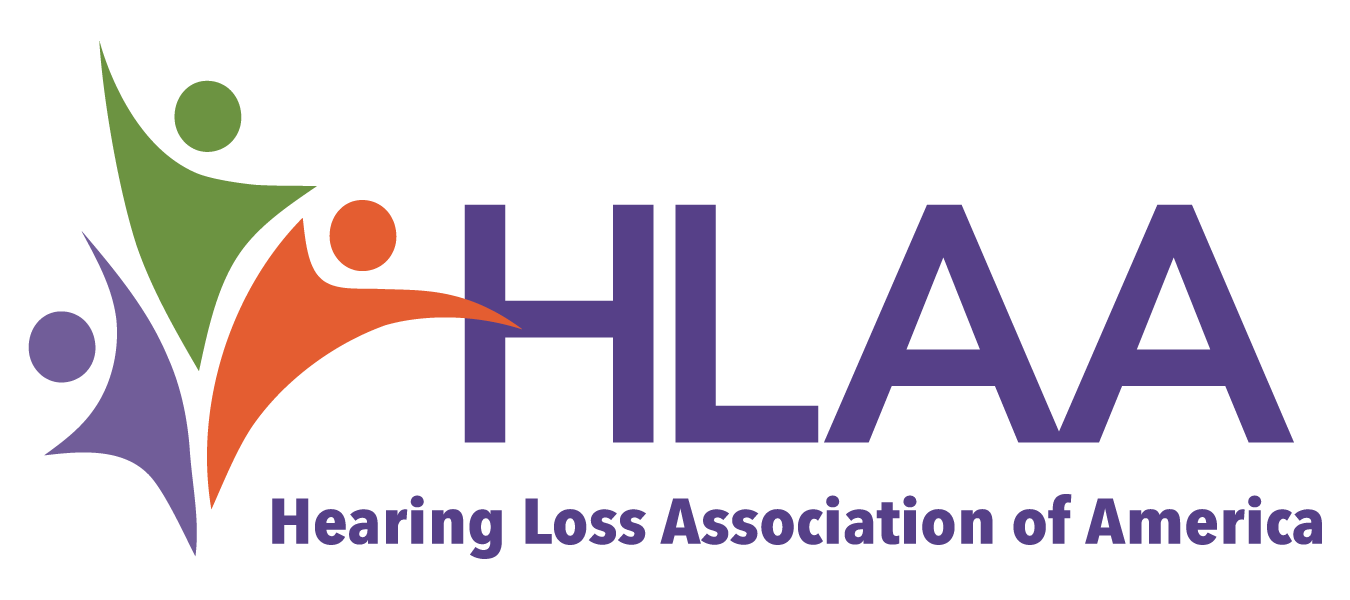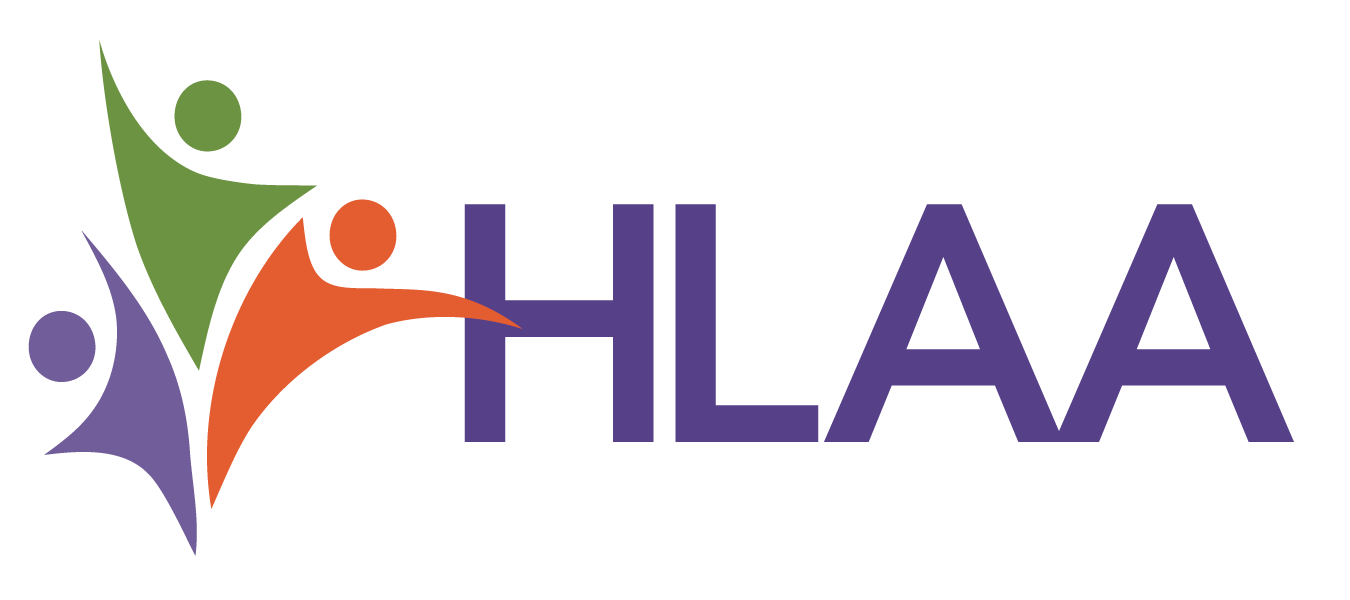The first step for financial assistance resources for hearing aids (and other technology) is to check with your health care insurance provider to find out if they carry hearing aid coverage. After that, check out the programs listed here to find out you might be eligible for services.
Children with Hearing Loss
Children with hearing loss might be able to receive hearing assistive technology at no cost if their Individualized Education Program (IEP) specifies they need the assistive technology (such as hearing aids or FM systems) in order to receive a Free and Appropriate Public Education (FAPE). For more information, see the Individuals with Disabilities Education Act (IDEA).
College Students / Working People
Prospective and current college students and others of working age might qualify for financial assistance for hearing aids, assistive technology, and other rehabilitative services from state vocational rehabilitation agencies. If you are working but concerned you could lose your job because of your hearing loss, you might be eligible for services on that basis.
Hearing Aid Banks / Programs
Local agencies serving people with hearing loss might also know about hearing aid banks and other resources, such as clinics that provide services on a sliding scale according to income, state assistive technology loan programs, and state financial assistance programs for children with disabilities.
Some states might also have hearing aid loan programs. For example, the Kansas Infant/Toddler Hearing Aid Loan Bank is a short-term hearing aid loan program for children up to three years old who have been newly identified with a hearing loss.
Medicaid
In some states, people with low income might qualify for hearing aids through Medicaid. People with higher income may temporarily qualify for assistance with medical expenses, including hearing aids, through the “medically needy program” administered by the county social service agency. Contact your local government’s county social services and request an appointment to determine your eligibility for Medicaid.
State Telephone Programs
State telephone equipment programs can be found at the Telephone Equipment Distribution Program Association (TEDPA). These programs vary widely in what they provide and eligibility requirements. Some provide free or low-cost telephone equipment to eligible residents.
Veterans
Veterans of military service might qualify for assistance with hearing aids and other rehabilitative services through the U.S. Department of Veterans Affairs. Contact the medical facility for the appropriate branch of the military.
Reduced cost assistive listening systems for retired and active-duty military service members and their families – In an effort to improve the quality of life for those who serve our country, Williams Sound has proudly partnered with the Military Audiology Association (MAA) to offer the Retiree Assistive Listening Devices (RALD) program to both retired and active-duty military service members and their families. The RALD program was created to provide these individuals access to assistive listening devices (ALDs) at a reduced cost, along with free personalized telephone support. For more information on RALD, please visit Williams Sound or Military Audiology Association.
Workplace
In many situations, organizations, government agencies, educational institutions and employers are required by federal or state law to provide auxiliary aids and services for communication access (but not hearing aids). Some of these situations are: employers with 15 or more employees, hotels, hospitals, senior centers and residential facilities. If you are inquiring about communication assistance in one of these situations, call the ADA National Network at 800.949.4232 for more information or visit their website at ADATA.
Resources
Many local civic organizations, such as the Kiwanis or Lions Clubs, might be able to provide financial assistance to purchase or acquire hearing aids and other assistive devices. The following are national or state resources for assistance.
Hearing Industries Association Financial Assistance Guide
There are a variety of organizations that offer financial assistance for hearing aids. These organizations will assess your situation and income to determine what financial benefits they will provide. Other organizations will set up a loan program for you to more easily pay for the technology over time.
Audient Alliance
An affiliate of the EPIC Hearing Healthcare and Northwest Lions Foundation
17870 Castleton Street, Suite #320
City of Industry, CA 91748
866.956.5400
626.435.0188 Fax
Email: info@audientalliance.org
Carolina Children’s Communicative Disorders Program
This is a state-funded program for North Carolina that provides full coverage of hearing aids to children. Although it is located at the University of North Carolina, families are welcomed and encouraged to receive their hearing aid fitting and care locally. They can also provide assistance with cochlear implant costs.
Children’s Cochlear Implant Center at UNC
5501 Fortunes Ridge Drive, Suite A
Durham, NC 27713
919.419.1449 – Voice
919.419.1399 – Fax
Disabled Children’s Relief Fund
Provides assistance to families of children with disabilities, with preference for children with physical disabilities and little or no health insurance.
P.O. Box 89
Freeport, NY 11520
516.377.1605 – Voice
516.377.3978 – Fax
Dorothy Ames Trust Fund
Assists children in New England states with hearing aids and assistive technology.
Key Bank Trust Client Services
Attn: Ed Deluccia
Mail Code NY-31-66-0442
66 South Pearl Street, 4th Floor
P.O. Box 22042
Albany, NY 12201
866.238.8650 – Voice
518.257.9662 – Voice
518.257.9670 – Fax
Foundation For Sight & Sound
The Foundation for Sight & Sound provides hearing aids to individuals with limited financial resources.
P.O. Box 1245
Smithtown, NY 11787
888.580.8886
Email: info@fssny.org
Georgia Lions Lighthouse Foundation
The Georgia Lions Lighthouse Foundation provides hearing aid assistance for approximately 1,000 low-income Georgia residents every year. The Lighthouse partners with 150 hearing providers across the state, four hearing aid manufacturers, and multiple other health organizations to provide these services. The program is funded in large part by the Georgia Public Service Commission.
5582 Peachtree Road
Atlanta, GA 30341
404.325.3630 – Voice
800.718.7483 – Voice, Outside Metro Atlanta
404. 636.5549 – Fax
Help Kids Hear
Founded by parents of children with hearing loss, they are dedicated to helping parents find the information and resources for their children with hearing loss.
Email: info@helpkidshear.org
Hike Fund, Inc.
Provides low-income children from birth up to the age of 20 with hearing aids and assistive devices. (Supported by Job’s Daughters International)
The HIKE Fund, Inc.
c/o John Hauser, Executive Secretary
530 Elliott Street
Council Bluffs, IA 51503-0202
712.325.0812
Email: Johnhauser11@gmail.com
John Tracy Clinic
The John Tracy Clinic provides parent-centered services worldwide to young children with hearing loss, offering hope, guidance and encouragement.
806 West Adams Boulevard
Los Angeles, CA 90007-2505
213.748.5481 – Voice
213.749.1651 – Fax
213.747.2924 TTY
800.522.4582
Email: web@jtc.org
Lions Club International
Assists individuals on low income with purchasing hearing aids.
300 West 22nd Street
Oak Brook, IL 60523-8842
630.571.5466
Email: districtadministration@lionsclubs.org
Lions Sight and Hearing Foundation of Southern California
Helps people who meet their guidelines to obtain critically needed hearing aids. If the applicant meets the guidelines, LSH will fund or share in the cost of providing hearing aids to the applicant, dispensed through a local hearing aid dispensary. In some cases LSH may also cover copay costs for those with insurance.
3450 East Spring St., Suite 212
Long Beach, CA 90806
800.647.6638 – Voice
888.958.7554 – Fax
email: admin@lshf.org
web: http://www.lshf.org
Miracle-Ear Foundation
The Miracle-Ear Foundation™ is designed to support underserved Americans with a limited income and no other resources for hearing aids, such as insurance, Medicaid, VA, or other state or federal programs. Visit a Miracle-Ear store to learn about eligibility or to apply.
5000 Cheshire Parkway North
Plymouth, MN 55446
800.464.8002
National Hearing Aid Project
Provides hearing aids and hearing health services to low-income individuals.
Email: Lila Jackson, ljackson@sertomahq.org
816.333.8300
http://www.hearingcharities.org
Also see hearingaiddonations.org/resources/
Optimist International
Provides aids and services to children with hearing loss.
Optimist International Youth Program
Help Them Hear Program
Contact your local Optimist Club
800.500.8130
SERTOMA
Provides local and national resources for hearing aid assistance.
1912 East Meyer Boulevard
Kansas City, MO 64132-9990
816.333.8300 – Voice
816 333.4320 – Fax
Starkey Hearing Foundation
Provides hearing aid assistance for individuals on low-income in the U.S.
Twin Cities Office
6700 Washington Avenue South
Eden Prairie, MN 55344
Hear Now Program
800.328.8602
952.828.6900 – Fax
Email: hearnow@starkeyfoundation.org
Travelers Protective Association
Provides assistance for mechanical devices, medical care, and/or specialized education or treatment, to those who demonstrate financial need. Grants may be used to purchase hearing aids, assistive listening equipment, or may help with the cost of a cochlear implant. Applies to U.S. citizens only.
3755 Lindell Boulevard
St. Louis, MO 63108
314.371.0533 – Voice
314.371.0537 – Fax
Disclaimer: The information is provided in the websites listed. HLAA is not responsible for contact information that is not current or valid. If you find any contacts not working, please let us know by email to inquiry@hearingloss.org.
Updated September 2019.

